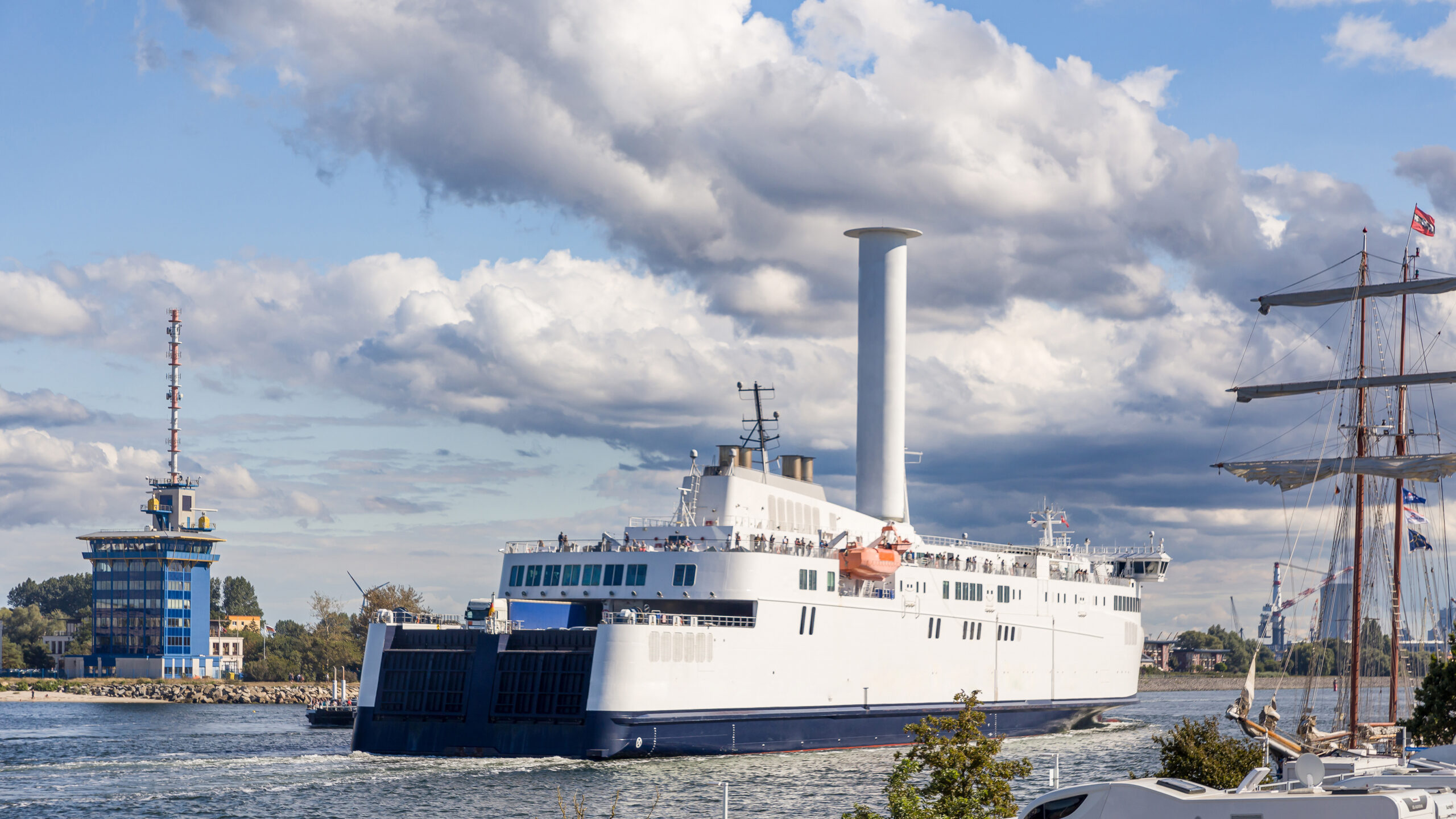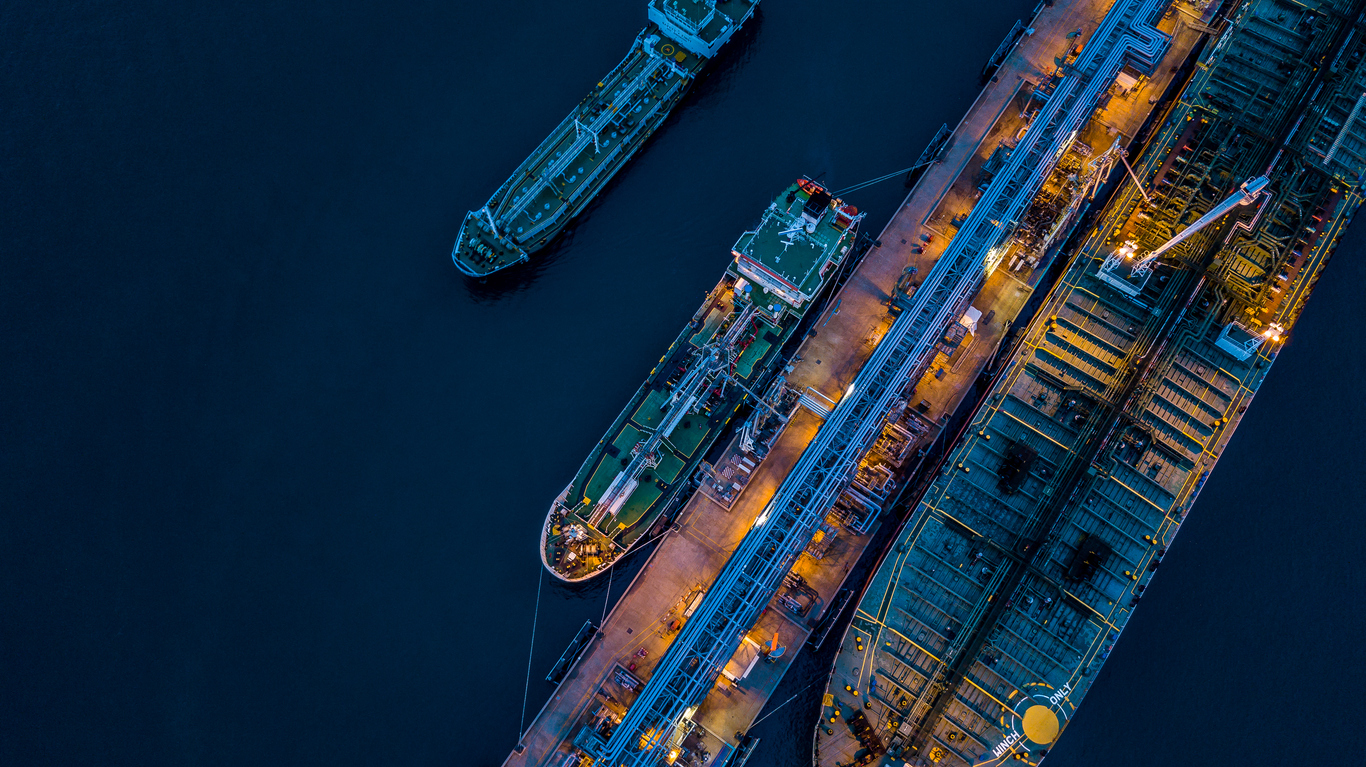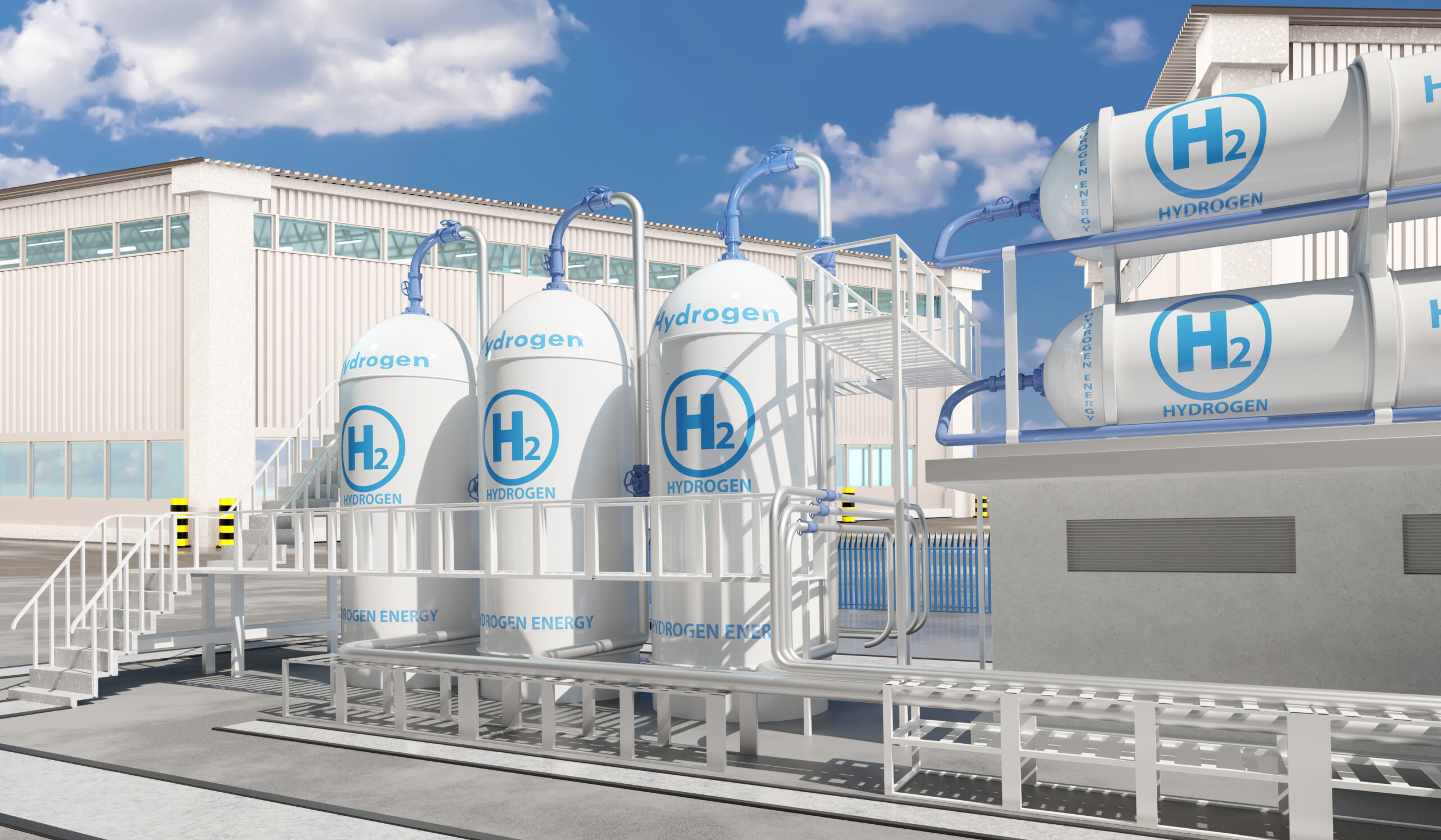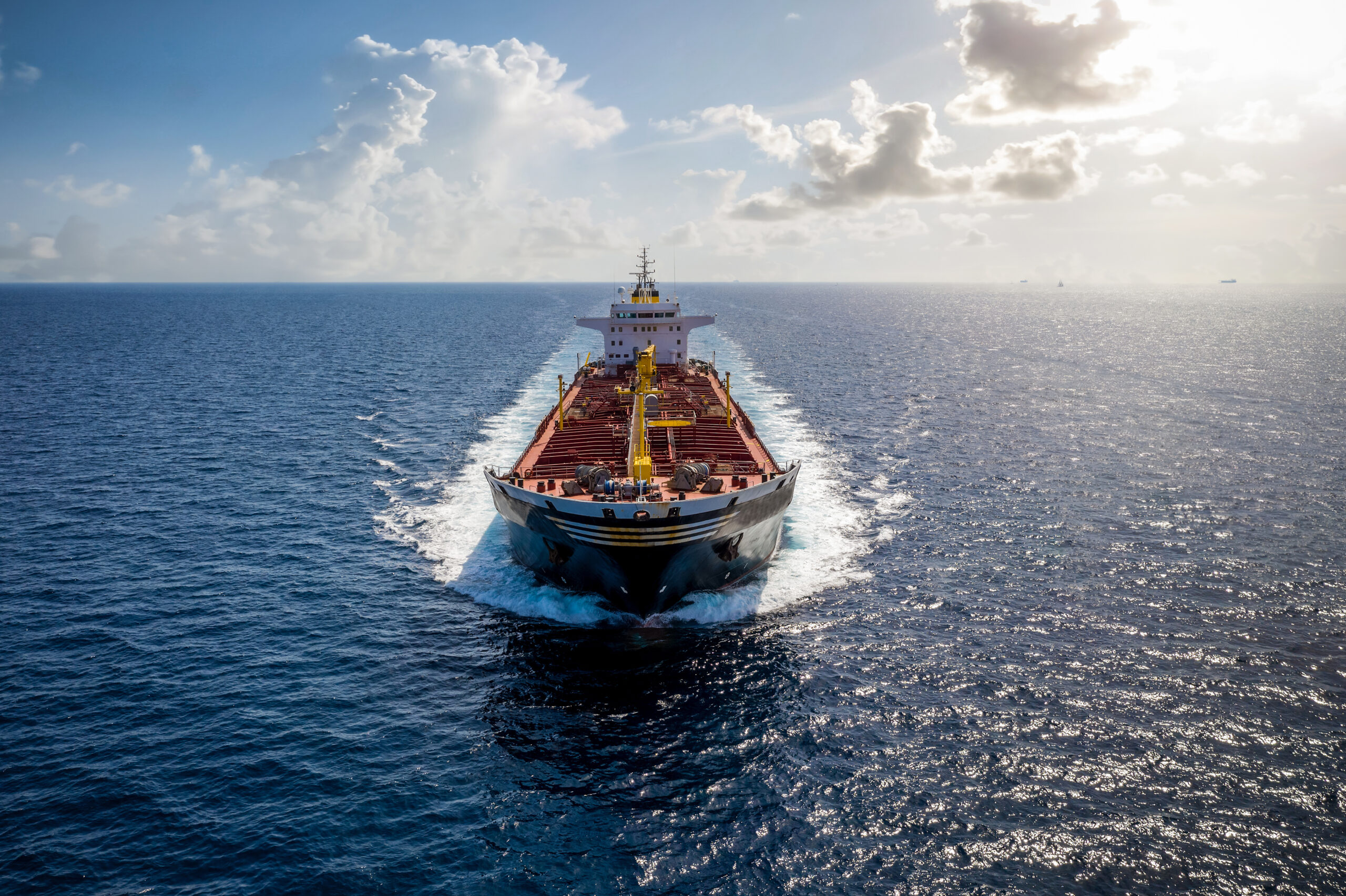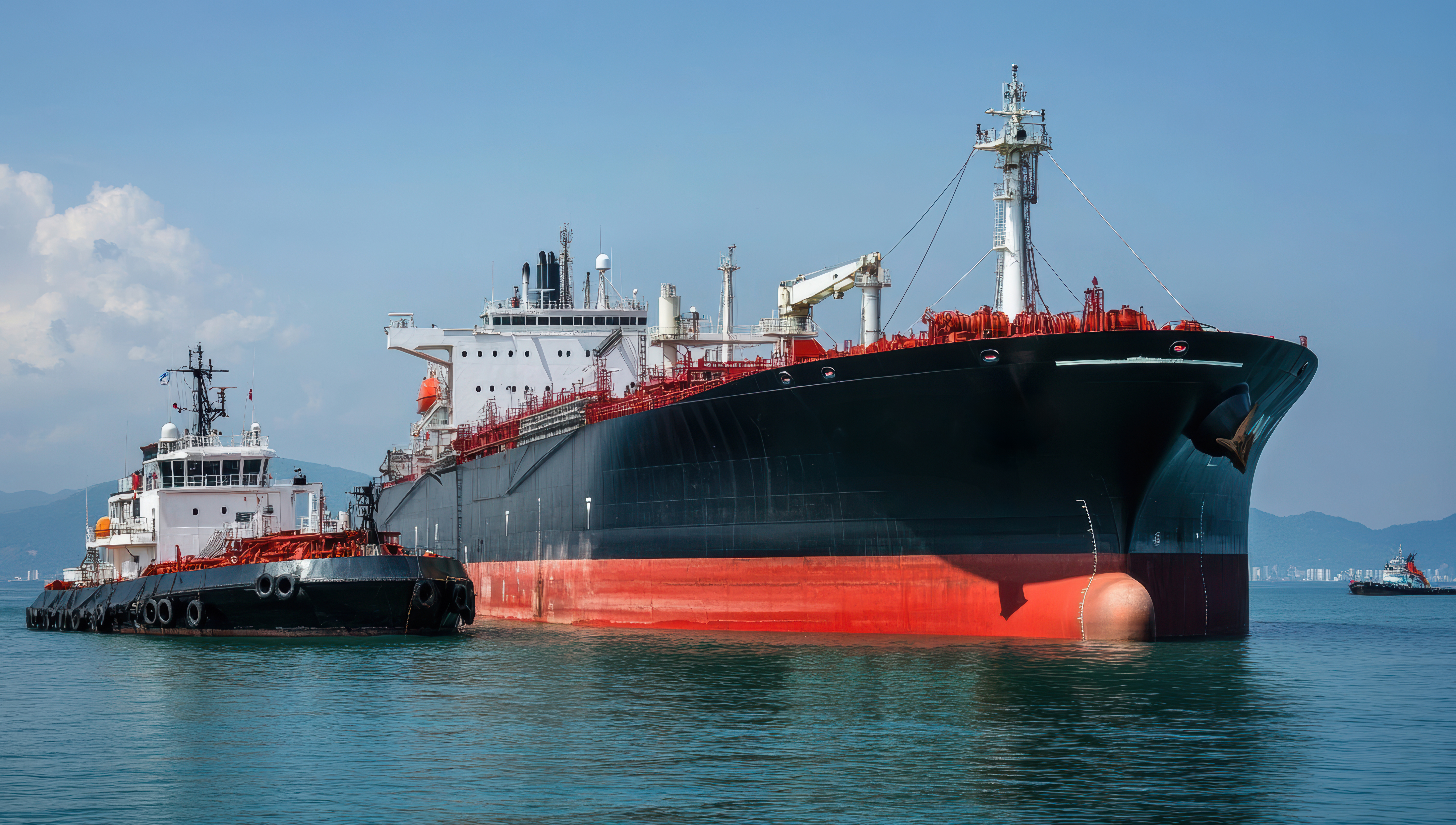
Policy Bulletin 007: CO2 Emission Reduction Technologies for Shipping
Maritime policy bulletin 007 covers CO2 emission reduction technologies for shipping.
In recent years maritime shipping has emitted approx. one gigatonne of carbon dioxide (CO2) per annum. Based on current trends this is projected to increase 150-250% by 2050, but the International Maritime Organisation has set targets of 30% reduction by 2030 and net-zero by 2050.
This work reviewed the potential for different emission reduction technologies to reach those targets.
This bulletin is based on a recent publication by Dr Sina Fadaie, Professor Jean-Baptiste R. G. Souppez and Professor Patricia Thornley titled A systematic review of technologies, measures, and CO2 emission reduction potential for maritime transport decarbonisation.
To download the full policy bulletin, please click the download button above.
To read other bulletins, please see: Resources – UK National Clean Maritime Research Hub

